The Key Role of Modular Power Supplies in Industrial Control for Automotive Production
In the automotive manufacturing industry, industrial control systems are essential for achieving efficient and precise production. Modular power supplies, as a core component of these systems, provide stable and reliable power support for the entire production process. This article will explore in detail the specific roles and importance of modular power supplies in industrial control for automotive production.
1. Basic Functions of Modular Power Supplies
A modular power supply is a highly integrated power solution that converts input power (such as AC or DC) into the stable DC power required by equipment. Its main functions include:
-
Power Conversion: Converting AC to DC or transforming between different DC voltages to meet the power requirements of various devices.
-
Voltage Regulation: Ensuring stable output voltage through voltage stabilization and step-down functions, preventing equipment malfunctions caused by voltage fluctuations.
-
Current Control: Precisely controlling current output to ensure devices operate within safe limits.
-
Thermal Management: Built-in heat dissipation design prevents overheating, ensuring long-term stable operation.
-
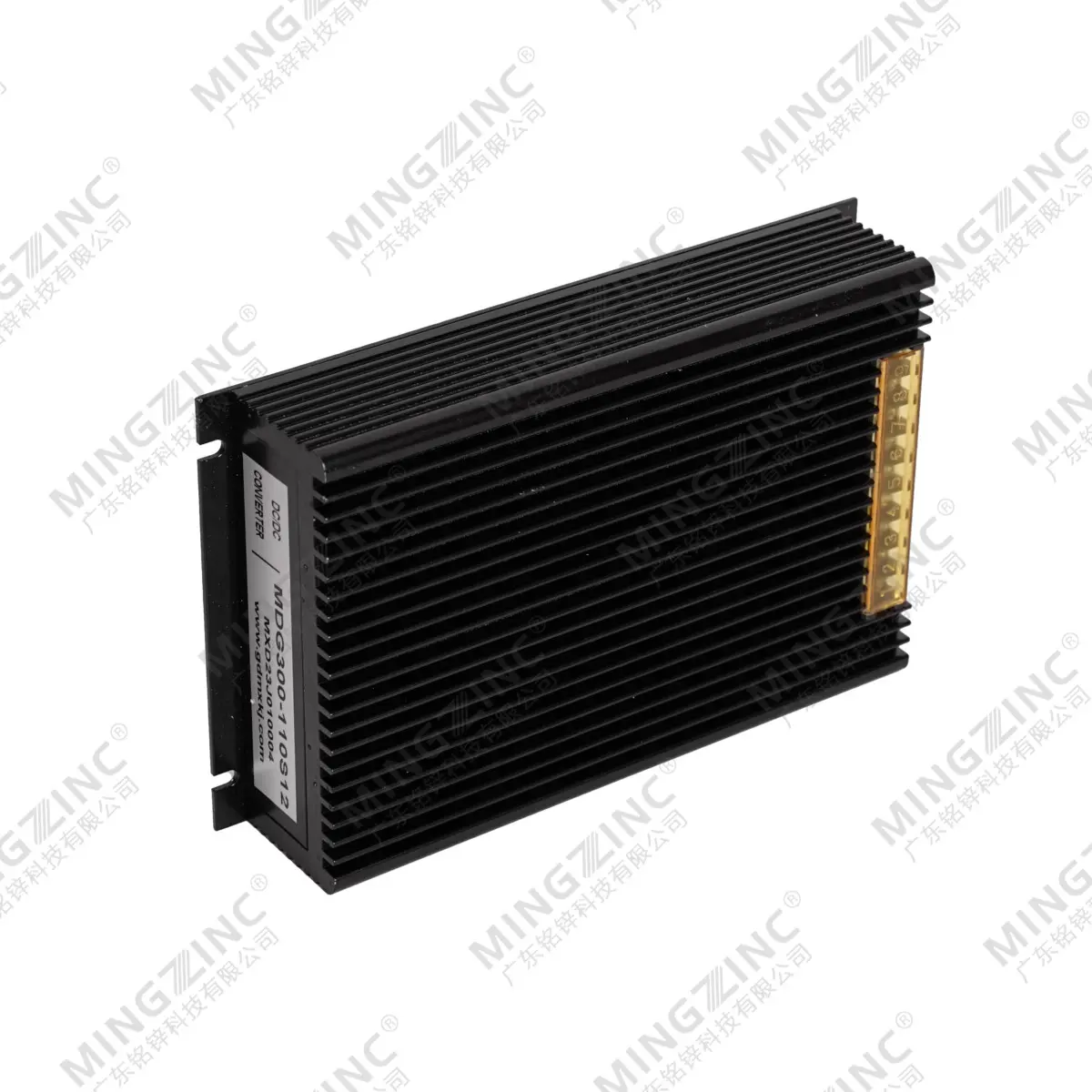
2. Specific Applications of Modular Power Supplies in Industrial Control
2.1 Data Acquisition and Transmission
On automotive production lines, sensors and inspection equipment collect critical data such as temperature, pressure, and humidity. Modular power supplies provide stable power to these devices, ensuring accurate and real-time data acquisition. Additionally, modular power supplies power data transmission equipment (such as PLCs and central processing units), ensuring efficient data transfer and processing.
2.2 Equipment Control
Actuators (such as motors and valves) in industrial control systems require precise control to achieve automated production. Modular power supplies deliver stable power to these actuators, ensuring they can respond quickly to control commands. For example, in processes like welding and painting, the efficient power supply from modular units ensures precise equipment operation.
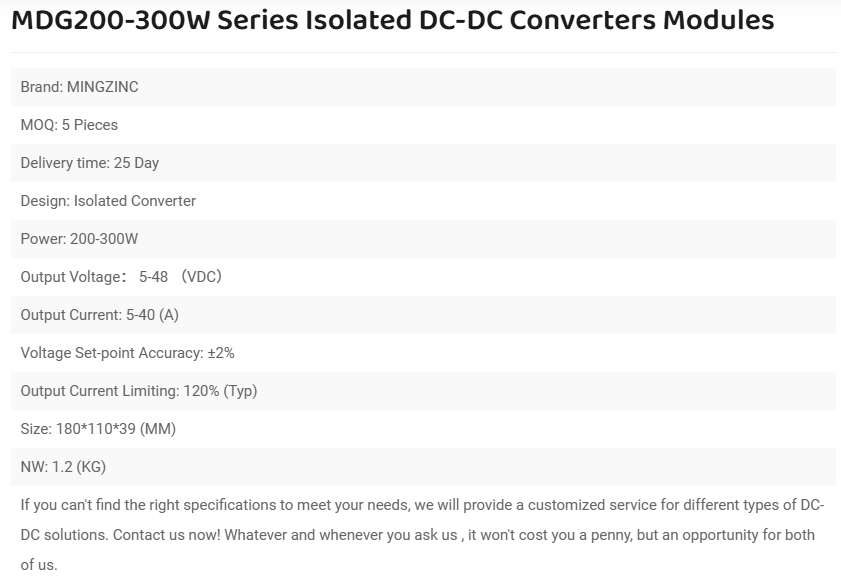
2.3 Fault Diagnosis and Safety Monitoring
Modular power supplies feature built-in overload protection, short-circuit protection, and overvoltage protection, enabling real-time monitoring of equipment status. If an abnormality is detected, the modular power supply will immediately cut off power or issue an alarm, preventing equipment damage and production accidents. This proactive protection mechanism significantly enhances the safety and reliability of production lines.
2.4 Environmental Adaptability
Automotive production environments can be complex, facing challenges such as high temperatures, humidity, and electromagnetic interference. Modular power supplies typically operate over a wide temperature range (e.g., -40°C to +85°C) and incorporate anti-interference designs to ensure stable performance in harsh conditions. Furthermore, the isolation design of modular power supplies effectively prevents external interference from affecting control systems.
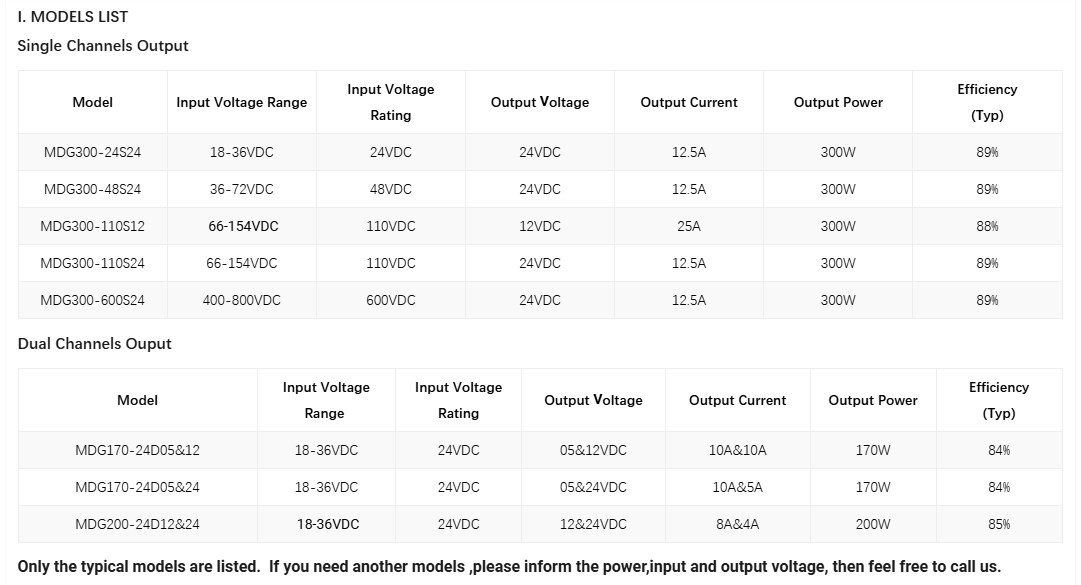
3. Importance of Modular Power Supplies in Automotive Production
3.1 Improving Production Efficiency
The efficient power supply and precise control capabilities of modular power supplies optimize production processes, reduce equipment downtime, and enhance production efficiency. For example, on automated assembly lines, the stable output of modular power supplies ensures the continuous operation of robots and other automated equipment.
3.2 Ensuring Product Quality
Automotive production demands high precision in processes. The stability and reliability of modular power supplies ensure precise operation of production equipment, thereby guaranteeing consistent product quality. For instance, in vehicle body welding, the stable power supply from modular units ensures consistent welding quality.
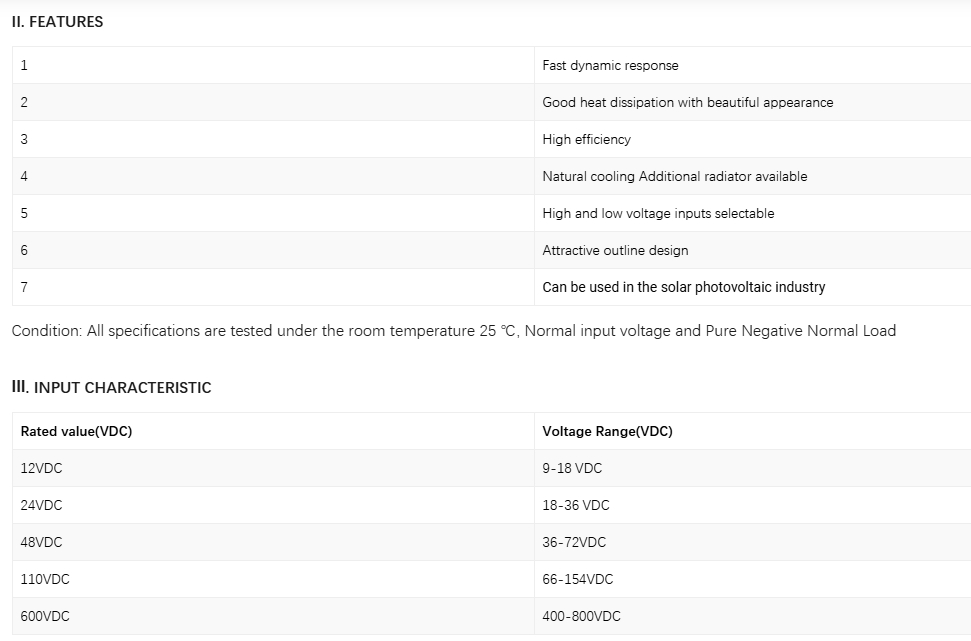
3.3 Reducing Maintenance Costs
The fault diagnosis capabilities of modular power supplies help operators quickly identify issues, reducing equipment maintenance time and costs. Additionally, the long-life design of modular power supplies minimizes replacement frequency, further lowering maintenance costs.
3.4 Enhancing System Flexibility
As production needs evolve, industrial control systems require continuous upgrades and expansions. The modular design of power supplies allows for easy integration into existing systems and scalability as needed. This flexibility enables automotive production lines to quickly adapt to market changes.
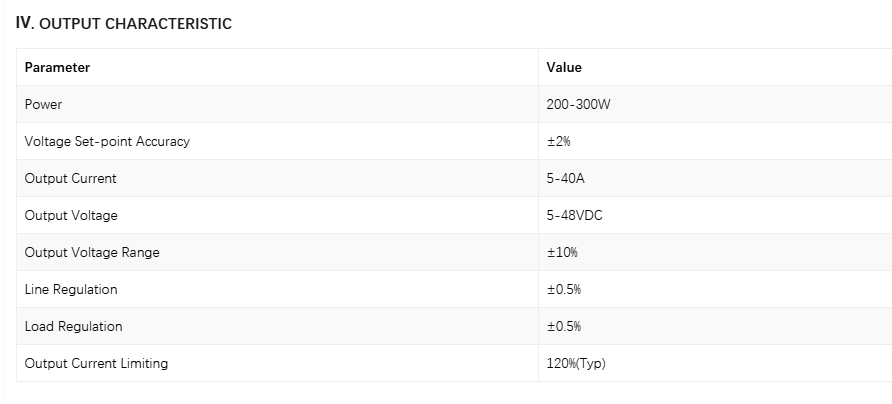
4. Future Development Trends
As the automotive industry moves toward intelligence and electrification, modular power supplies will play an even more critical role in industrial control. Future modular power supplies will focus more on high efficiency, low power consumption, and intelligence to meet the production demands of new energy vehicles and connected cars. For example, in electric vehicle battery production lines, modular power supplies will need to provide higher voltage and current output while offering stronger anti-interference capabilities.
Conclusion
Modular power supplies play an indispensable role in industrial control for automotive production. From data acquisition to equipment control, from fault diagnosis to environmental adaptability, modular power supplies provide stable and reliable power support for the entire production process. As the automotive industry continues to evolve, modular power supplies will remain a key driver, pushing automotive production toward greater efficiency and intelligence.
Through this detailed analysis, you can gain a deeper understanding of the importance of modular power supplies in automotive production and make informed decisions when selecting power solutions for your industrial control systems.




